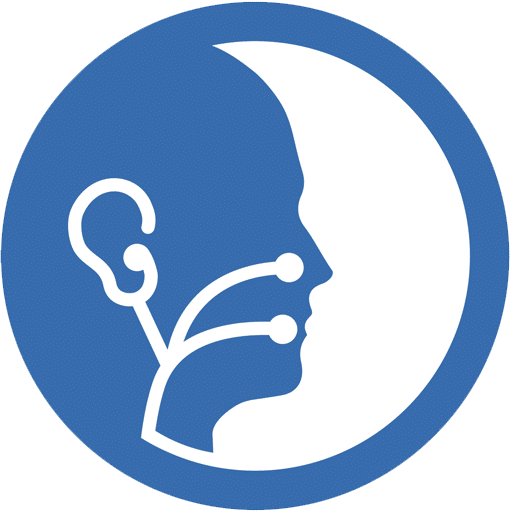What is endoscopic sinus surgery?
It makes use of an endoscope, which is a rigid tube with a camera on the end, to see inside the nose. Instruments are passed through the nostrils, instead of having to make an incision. Endoscopic sinus surgery is a great alternative to conventional sinus surgery, as a result.
The aim is to improve the drainage from the sinuses and to do this, certain parts in the nasal cavity will be removed to ensure proper drainage of mucus. This aims to prevent reoccurrence.
How can endoscopic sinus surgery help you?
Endoscopic sinus surgery can benefit patients in a number of ways, though the specifics depend on the indication for the surgery. However, general benefits include the following:
- Improves the ease of breathing through the nose
- Reduces the sensation of nasal fullness
- Serves as a treatment for chronic sinusitis
- Can improve the patient’s olfactory ability (sense of smell)
What are the advantages of endoscopic sinus surgery over traditional sinus surgery?
- Endoscopic sinus surgery is a lot less invasive
- There are no incisions required outside the body
- Requires less time for recovery
- Reduced risk of complications
- More tolerable for the patient
How much does endoscopic sinus surgery cost?
The costs involved in getting an endoscopic sinus surgery done are dependent on many factors, such as the surgeon performing it as well as the extent of the procedure to be done. However, a study published in 2018 found that the median cost ranges from approximately $2,500 to $4,300 for endoscopic sinus surgery in general.
The factors which can increase the cost of the procedure include:
- The predicted duration of the procedure
- Additional procedures to be performed, such as septoplasty
- The nature of the facility e.g. rural facility, tertiary facility
Am I a suitable candidate for endoscopic sinus surgery?
If you have been dealing with chronic sinusitis, that is, sinusitis that has been present for more than 12 weeks, and it has not responded to any form of medical treatment, you are likely to be well-suited for this procedure.
The other most common indication for endoscopic sinus surgery is recurrent sinusitis. This is any patient who has between two and four cases of sinusitis every year.
Besides these, if a patient has one or more of the following conditions, they are a great choice for endoscopic sinus surgery. These conditions include:
- Nasal polyps
- Sinus headaches
- Enlarged turbinates
- Deviated septum
Is there an age limit for endoscopic sinus surgery?
There is no commonly accepted minimum age for endoscopic sinus surgery, but it is best done in those older than 6 years of age. One study was able to show that the need for revision surgery was much higher (75%) in patients under the age of 3.
The study was able to demonstrate how the majority of patients who require revision surgery are under 6 years old. This just indicates that younger patients may require a second surgery.
How long does endoscopic sinus surgery take?
The duration of endoscopic sinus surgery depends largely on the extent of the surgery. Other factors like the skill of the surgeon and whether any complications are encountered will also influence how long it takes.
However, in most instances, the surgery should not take more than 90 minutes to complete.
How long is recovery after endoscopic sinus surgery?
However, in most cases, they will be able to resume work/school after just a week, and their full routine, including activities such as exercise, after three weeks.
However, the best way to determine recovery is through regular appointments after the surgery. These will continue for about three months after the surgery is done.
What to avoid after having endoscopic sinus surgery?
After receiving endoscopic sinus surgery, avoiding the following things will help make recovery smoother and prevent any unnecessary complications from arising.
- When sleeping or lounging, do not lie down completely flat. The head should always be propped up with multiple pillows.
- Avoid lifting heavy loads or doing strenuous exercises.
- Avoid swimming or submerging in water for at least a month following surgery.
- Avoid inhaling dust, chemicals, and other particulate matter, for at least a month following surgery.
- Avoid straining when trying to pass stool. Eating adequate fiber and hydrating well can help avoid this.
- Do not use NSAIDs or analgesics that are not prescribed, such as ibuprofen or aspirin.
- Do not blow your nose for at least two weeks.
- Avoid sneezing through your nose. Instead, let the pressure out through your mouth.
Is endoscopic sinus surgery covered by insurance?
Most insurance plans will cover endoscopic sinus surgery, though it is important to confirm with your provider beforehand.
What are some other good resources on endoscopic sinus surgery?
If you’re looking to learn more about endoscopic sinus surgery and have more of your questions answered and concerns addressed, there are multiple online resources that have a wealth of additional information on the topic. These include:



